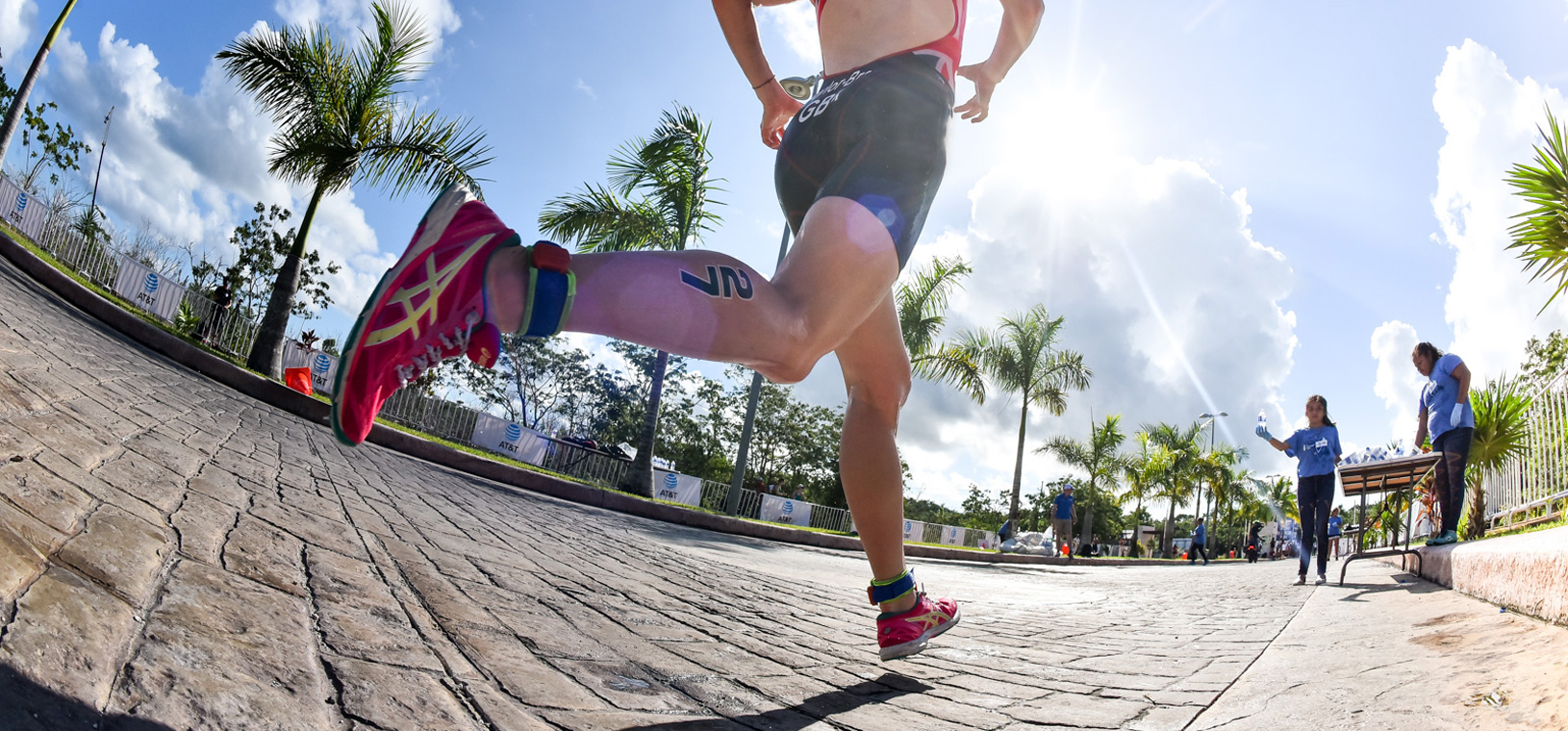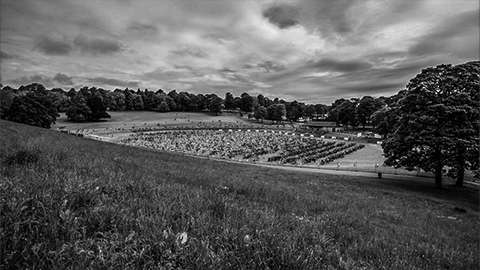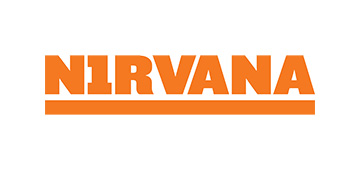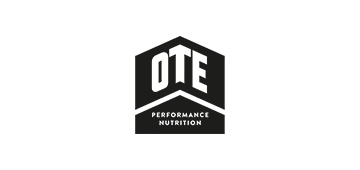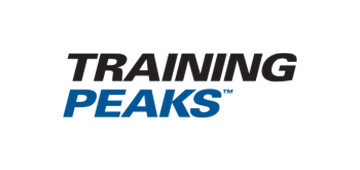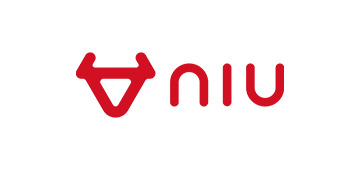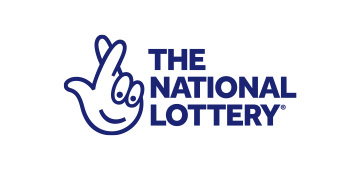Prepare for your best performance
Whether you’re taking on a UK-based triathlon or heading to hotter climes, you’ll need to be prepared for racing in warmer weather this summer.
We Brits get a bit of a raw deal when it comes to training for the summer races. Battling through minus temperatures and sub-zero winds all winter (and some of spring), is hardly the best preparation for hot weather racing.
Get hot ahead of race day
As with every aspect of triathlon, preparation is your best friend. If you know you’ll be racing somewhere hot – let’s say you’re racing at the 2018 Ibiza Multisport European Championships or the typically hot IRONMAN Austria this year – then adding heat acclimatisation to your regime will prepare your body and mind for the task at hand; hot yoga, saunas, sweaty indoor cycling classes, wearing layers on the bike and, becoming increasingly popular, heat chamber training all count.
If you’ve not prepared to this level for a sunny race abroad, or are hoping your UK-based race will be cool on event day – don’t sweat, because the chances are, you can still make a difference to your performance with a little last-minute planning. While it’s a good idea to start thinking about this further out from race day (next year’s training plan!), you can see gains – such as an increase in blood plasma volume – after as little as two sessions, according to a study at Coventry University.*
Hone your hydration plan
The second part of your top marks prep is the race day master plan – adequate hydration and nutrition to support you and help you get to that PB. It’s no secret that dehydration and decreasing performance in endurance sport is linked – staying hydrated is vital. When your taper begins, so does your hydration plan; adequate hydration begins before the start line. Ensure you’re adequately hydrated in the days leading up to your big race – look for that light straw colour urine as a sign of being adequately topped-up and steer clear of hydration-suckers like alcohol – then stick to a strategy on race day.
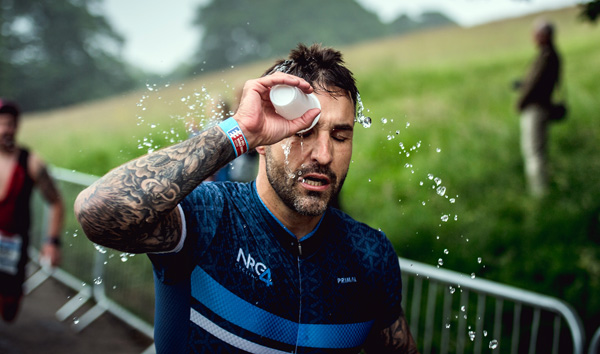
Hone your hydration plan and use water stations to help cool off during a race in hot weather!
Get it right after T1
While cyclists are encouraged to hydrate very early into the ride, hydration strategy is a little different for triathletes. Open water swimming, or more accurately swallowing great gulps of lake or sea water, and air, can play havoc with your stomach – most triathletes will have been there at one time or another! Therefore, it’s good to let it settle once you’re out of T1 and on the bike. Give your stomach a little time to calm down, taking small sips instead of gulps (which is best throughout the race anyway, but vital after the swim for avoiding a crampy stomach).
Methodical fuelling
With T1 but a distant memory, you should be well into your fuelling rhythm. While one bottle per hour, a mix of water, electrolytes and carbs, may be a good starting point for the bike section, everyone sweats at a different rate, and should drink accordingly. To get to know your personal requirement, perform a 60-minute sweat test – weigh yourself before and after a one-hour training session (that mimics the conditions you’ll expect on race day). If other factors haven’t changed, no eating or toilet breaks, then you can get a good gauge of the fluid you’ve lost. One pound equals 10oz of fluid that you needed to replenish. This mean if you lose five pounds in an hour, that’s 80oz (just over 2 litres.) Having an idea of your requirements will also stop you from over hydrating on a hot race, which can end up with, at best losing time from toilet stops or at worse, hypernatremia.
Nutritional supplements for support
Alongside dehydration, carbohydrate depletion is another cause of fatigue in endurance sport, so the contents of your bottle are key. H2O alone won’t cut it as you’ll be sweating out a lot of minerals and salt: water, carbohydrate, sodium, potassium, magnesium and calcium are all essential to good muscles function. Cramping is a sure sign of a lack of these, and can wreak havoc on your race. Many nutritional supplement companies develop drink mixes specifically for sports like triathlon, however be sure to look for the 'Informed Sport' logo and discuss with a medical proffesional if you are unsure. You can find more advice in our Clean sport section of the website.

